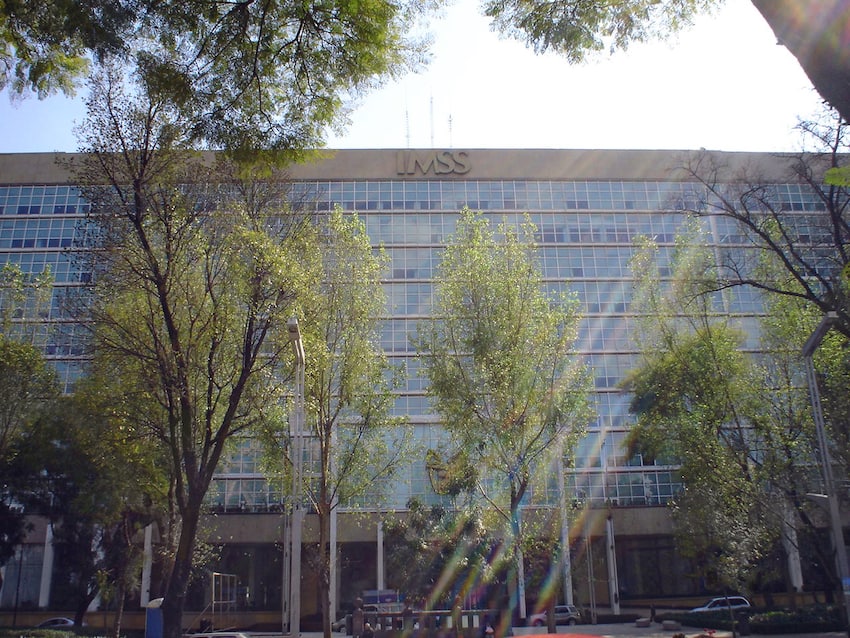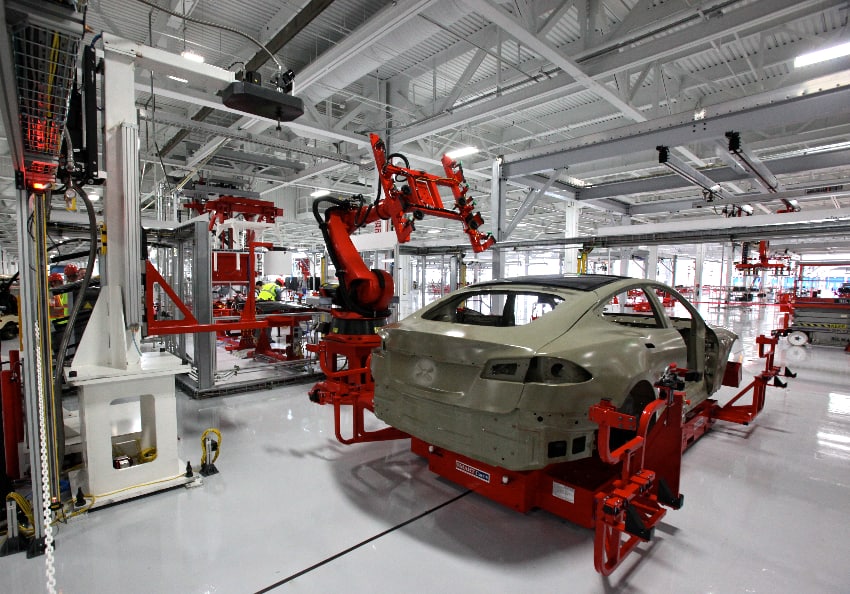Mexico has recorded its best ever first-quarter job creation result, adding over 420,000 formal sector positions in the first three months of the year.
The Mexican Social Security Institute (IMSS) reported that the number of people in formal sector IMSS-affiliated jobs rose by 423,384 between January and March, a 10% increase compared to the first quarter of 2022.

The loss of more than 345,000 positions in December has now been more than offset by job creation in the first three months of the year.
A record 21.79 million people are now registered with IMSS after 790,428 formal sector positions were added in the 12-month period to the end of March. Just over 86% of the positions are permanent while the remainder are temporary, IMSS said.
The total number of formal sector employees is up 3.8% from just over 21 million a year ago.
IMSS said that the sectors that recorded the strongest job growth in the past year were construction, up 6.8%; transport and communications, up 6.4%; and services for companies, up 4.5%.

The number of people in formal sector positions increased over 9.5% annually in Tabasco, Baja California Sur and Quintana Roo, which recorded the largest percentage term-gains among Mexico’s 32 federal entities.
However, Nuevo León, an industrial powerhouse and leading recipient of foreign investment, added more formal sector jobs than any other state in the past 12 months, with 47,540 additional positions created. Jalisco, Baja California and Guanajuato ranked second to fourth.
Mónica Flores, president of the Latin America division of ManpowerGroup, said that a poll carried out by that staffing firm showed that 43% of more than 1,000 surveyed employers planned to increase their workforces during the second quarter of 2023.
Manpower’s general director for Mexico, Alberto Alesi, said that foreign investment could spur higher levels of hiring in the formal sector.
Although there is global economic uncertainty, Mexico’s economy remains stable, and that generates confidence among investors, Flores said.
Foreign direct investment increased 12% in 2022 to more than US $35 billion, the Economy Ministry said in February, while the Mexican economy grew 3.1%. The federal government is predicting 3% growth this year, while the International Monetary Fund and World Bank are considerably less optimistic.

President López Obrador recently asserted that Mexico is on its way to becoming an economic powerhouse given the current levels of foreign investment and the country’s “trained responsible workforce.”
Draws for potential investors include Mexico’s proximity to the United States and competitive labor costs. IMSS reported that the average base salary of formal sector workers at the end of March was 525.3 pesos per day (about US $29), up 11.2% from a year earlier.
With reports from El Financiero and La Jornada
